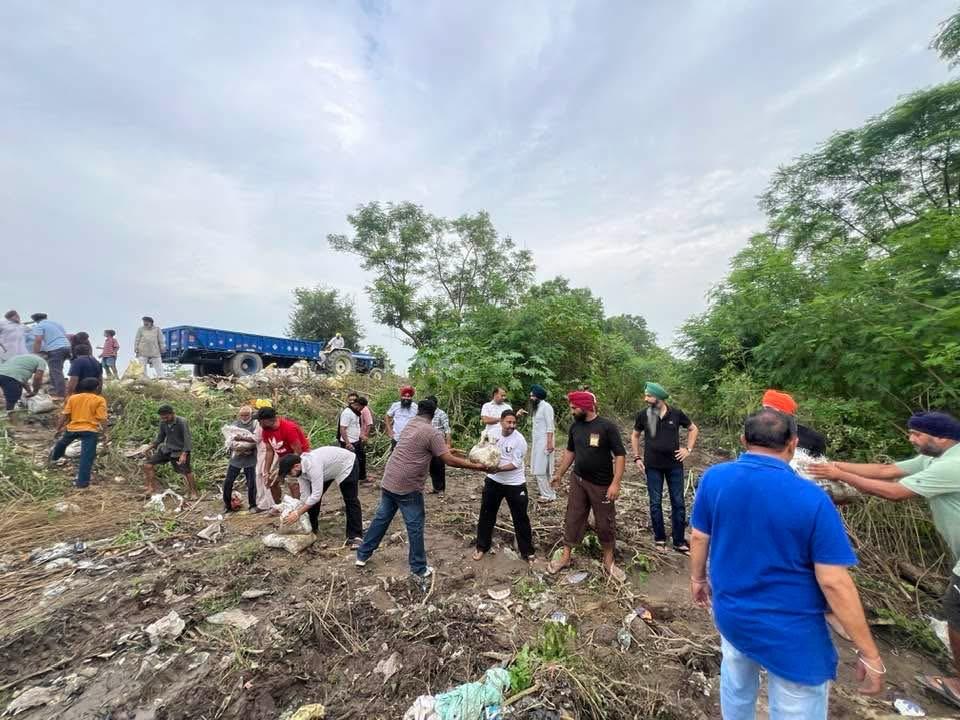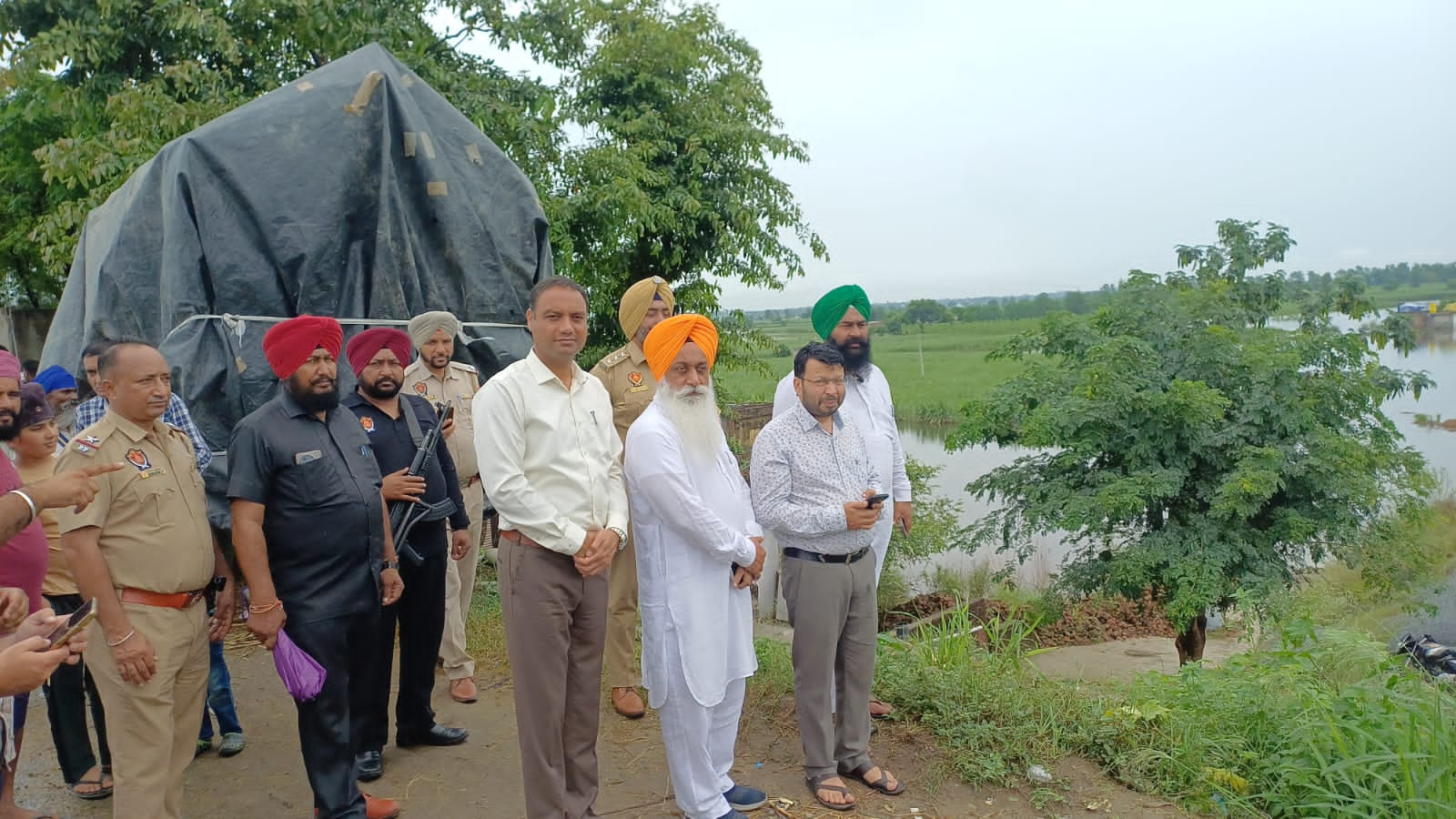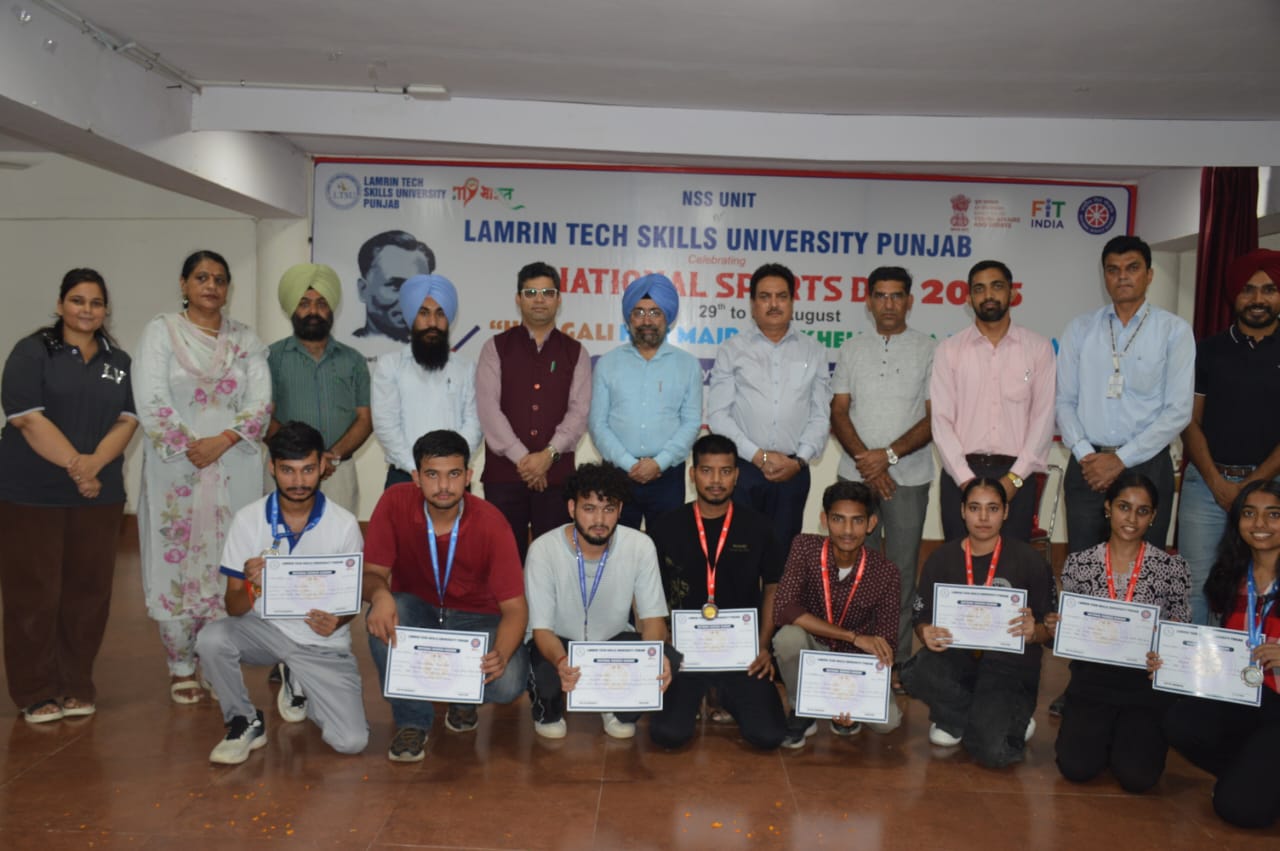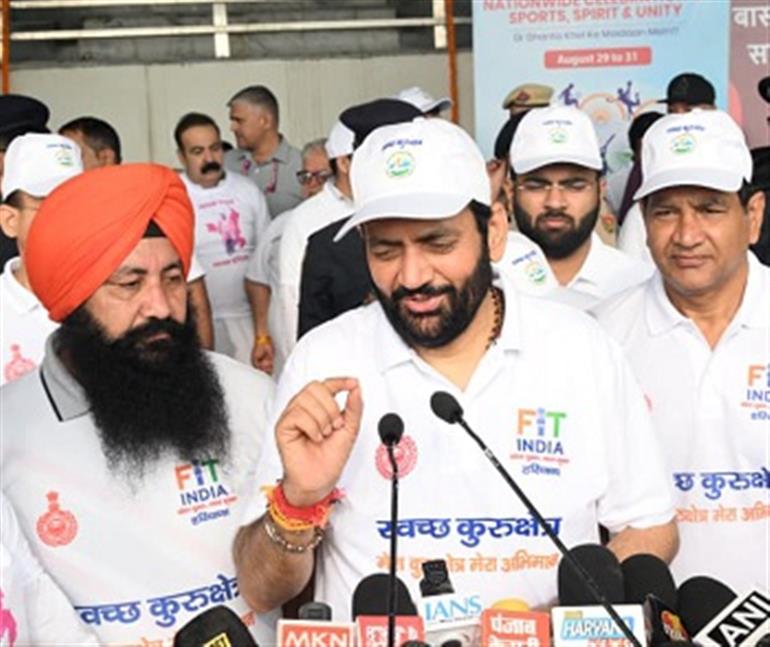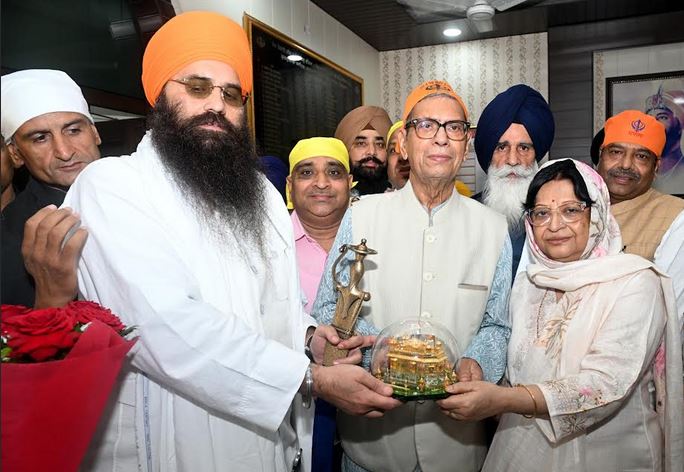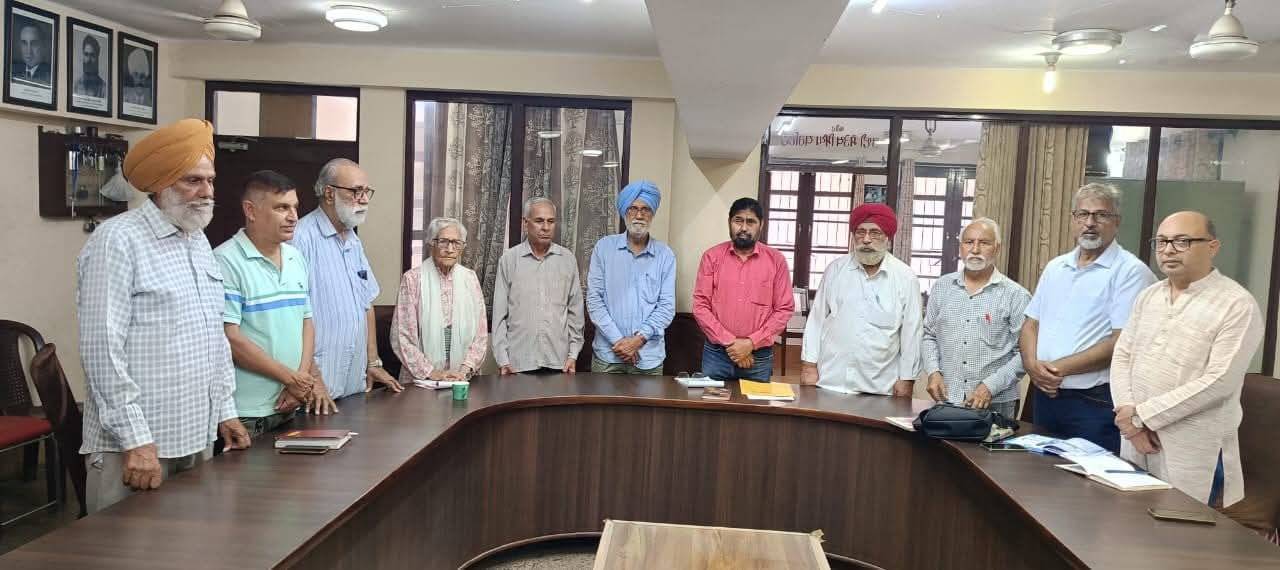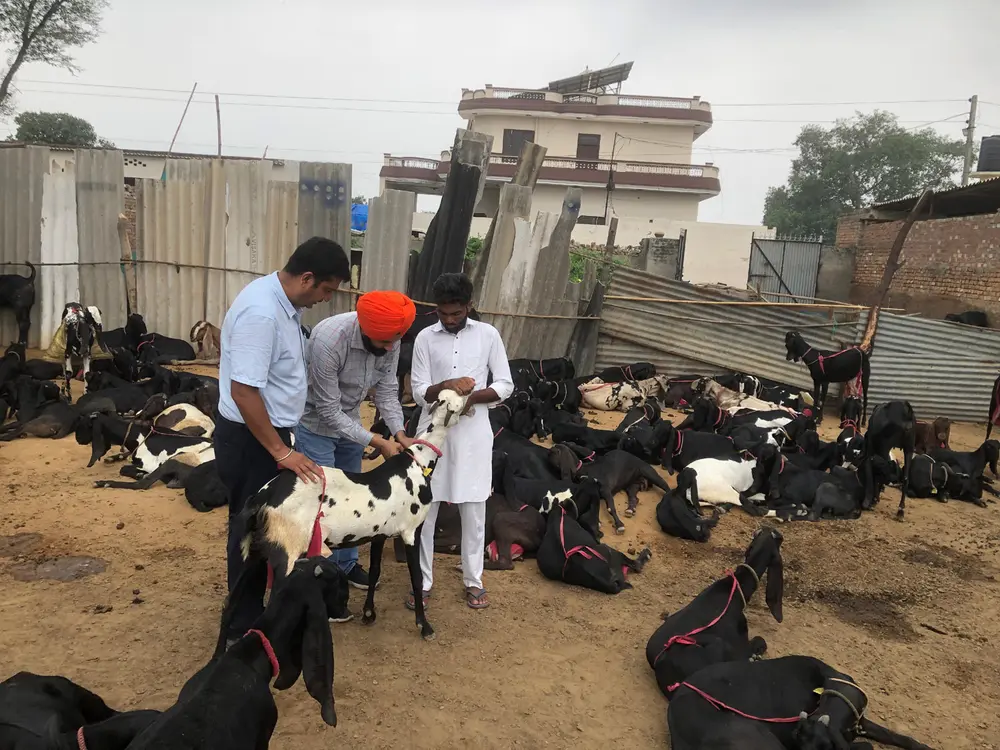
Vet Varsity issues advisory of Goat Herds during Floods
Ludhiana 30 August 2025- Punjab and the neighboring states have been severely affected by incessant rains and flooding. Goats may face serious health problems due to the adverse conditions created by flood water.
Ludhiana 30 August 2025- Punjab and the neighboring states have been severely affected by incessant rains and flooding. Goats may face serious health problems due to the adverse conditions created by flood water. Considering the breeding season in selected breeds like Beetal, goat keepers need to exercise extra caution in the management of goat herds, especially the breeding stock and kids. Necessary arrangements should be made for the care of goats.
Goats should be dewormed as per requirement after taking the advice of an expert. Pregnant animals should not be administered dewormers without prescription as many drugs are not suitable for pregnant goats.
If goats have not been vaccinated against Foot-and-Mouth Disease and Hemorrhagic Septicemia, a combined vaccine can be used under the supervision of an expert. Do not vaccinate sick animals.
Closely observe the colour of mucous membranes of the eyes. If the colour is light or yellow, seek medical advice immediately and get appropriate treatment.
Goats may get rashes/skin infections due to constant dampness in the floor/soil of the shed or goat pen. Therefore, make arrangements to keep the floor as dry as possible.
Flood water can cause various types of toxicities due to sewage, heavy metals or industrial waste. Goat farmers should make every effort to ensure that goats do not drink flood water while grazing. Grazing in low-lying areas should be avoided as the water here can also cause parasitic diseases in goats. Boil the water used to feed lambs for 10-15 minutes and keep it cool.
If possible, hooves should be cleaned with a solution of 5 percent formalin or lime on a sunny day. If the goats' hooves have grown, they should be trimmed after waiting for the water to dry.
Do not give goats moldy grains or feed any poor-quality silage or feed, which can cause toxicity, indigestion and abortions.
Livestock farmers can contact the university at 62832-58834 and 62832-97919 to resolve their problems.


